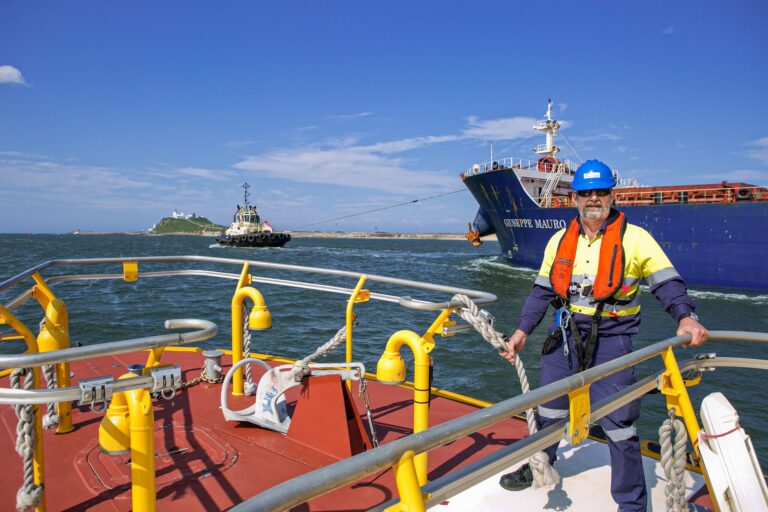The latest Business Conditions Survey reveals a large divide in business confidence across the region, with Newcastle and Lake Macquarie highest in the state, while the Hunter Valley is among the lowest.
Business confidence has improved across both regions, but remains firmly in negative territory, with businesses concerned about cash-strapped customers. Their top three cost concerns were insurance, taxes and energy.
Business Hunter CRO, Bob Hawes said the pause on interest rates had given businesses hope that tough headwinds were easing.
“While parts of the region’s economy have been unaffected by cost of living pressures and are doing well, other businesses, particularly SME’s and those operating in retail, hospitality, and tourism have been hit hard by cost of living impacts,” Bob said.
“In the Hunter Valley, where accomodation, food services and tourism are major economic drivers, reduced consumer spending power is taking a toll.
“Interest rate increases have an almost immediate impact on customer behaviour. This increase in business confidence is a positive sign, but we remain cautious.
Owner of General Organic, a small family distillery located in Beresfield, Lina Bryukhova said the cost of doing business had increased sharply and unpredictably over the last two years.
“The cost of ingredients such as locally sourced wheat and sugar, energy, frieght and packaging has increased dramatically.”
“The cost of ingredients such as locally sourced wheat and sugar, energy, frieght and packaging has increased dramatically.
Passing those costs on to consumers will negatively impact our sales, so we have little choice but to absorb the costs,” Lina said.
Lina said high business costs were directly preventing her business from expanding or hiring staff.
“The alcohol excise in Australia is the third highest in the world, and import duty on equipment we’ve had to source from Russia is 40 per cent, compared with 5 per cent on products from any other country. This is a huge burden on our business.”
Over the last quarter, more than 60 per cent of Hunter region businesses observed reduced demand for products and services, which was slightly higher than the state average.
Sixty per cent of businesses reported a reduction in order quantities and nearly seventy per cent reported a reduction in purchasing frequency. Over fifty per cent observed an increase in price negotiation and requests for lower cost substitutes.
“To improve the ease of doing business, survey respondents consider taxes, levies and government charges as the area that requires top priority attention from government,” Bob said.
Discretionary spending was down on the previous year across all fifteen categories. More than fifty per cent decreased their donations to charity, over thirty per cent decreased their investment in energy saving initiatives and more than twenty per cent decreased their investment in cyber security. Employee upskilling, benefits and wellbeing initiatives also decreased substantially.
“This is not an unusual response given the uncertain and challenging operating conditions, but any prolonged reduction of spending in these categories has the ability to impact business progress and future success,” Bob concluded.
IMAGE | Money concerns revealed to be at the centre of business confidence downturn.







